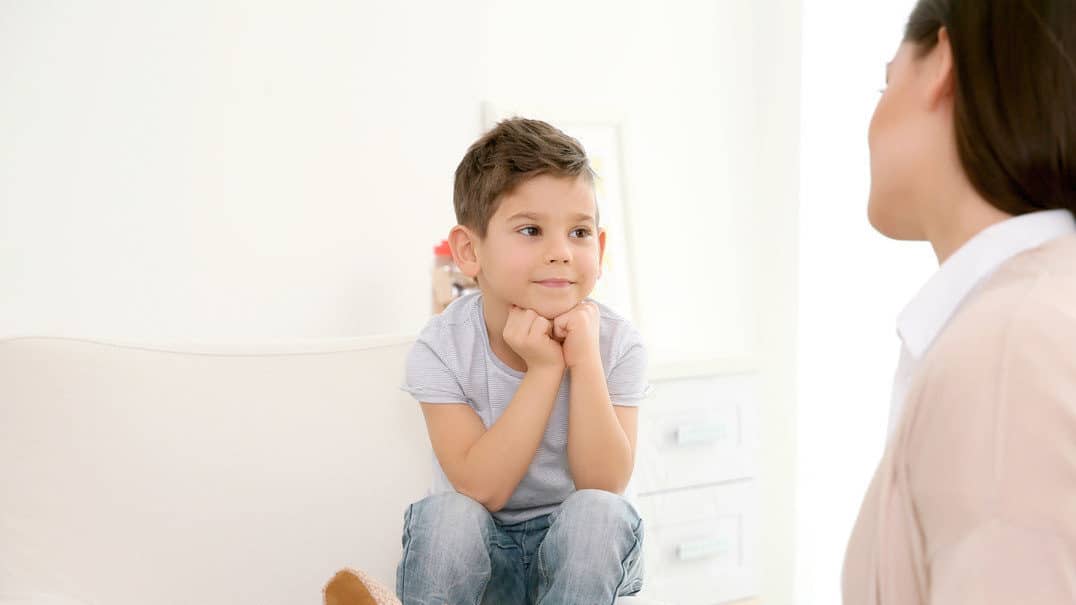Play therapy can be used to provide a diagnosis in children who present with behavioural or emotional difficulties. The therapist provides a safe space with a large selection of toys—particularly toys that lend themselves to role-play games, such as dolls, stuffed animals, cars, and so on—and child-friendly décor and furniture, and gives them time and space to engage with their surroundings. For the purpose of diagnosis, the play is non-directive; in other words, the therapist facilitates, observes, and ultimately draws conclusions, but does not intervene to direct or influence how the child plays. The toys they choose to play with, the way in which they play, and the extent to which they engage with their therapist all indicate reasons why they may be behaving the way they do.
Play is also used in a number of therapeutic approaches. If a child persistently displays inappropriate behaviours, for example, directed play can be used to help them to unlearn the problem behaviour and to learn a new, more useful behaviour. This form of play has much in common with cognitive behavioural therapy, in that it involves the therapist helping the patient to create positive change through practical means. Therefore, it is possible to integrate elements of CBT to play therapy to enrich the therapeutic experience. This approach is called Cognitive Behavioural Play Therapy (CBPT). CBPT can be helpful in the treatment of the following cases: separation anxiety, anxiety, trauma, sleep disorders, conduct disorders, however, doesn’t necessarily involve overcoming difficulties, and can be used as a means for prevention and as a model for learning new skills eg social, organisational.
Play therapy is extremely important in the treatment of children who have been traumatised. There are many potential causes of trauma, which can include sexual, physical or psychological abuse, bereavement, experiencing or witnessing an accident, and more. Both directive and non-directive therapy can be used in helping traumatised children to work through their feelings and start to heal.
Play therapy has been proven to help children with a wide range of problems. Through play, they can process the difficulties in their lives and reach a better place, while also clearly communicating with their therapist and providing insights into their inner lives. It can also be used in the context of family therapy, in which it has been seen to improve communication between parents and their child or children, while giving the therapist useful insights into the family dynamic. Parents can also be taught some basic techniques so that they can continue the therapy at home, and further help their child to recover from trauma and/or resolve any behavioural problems they may have.











